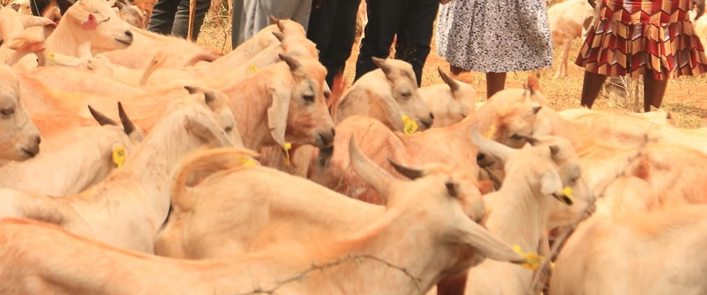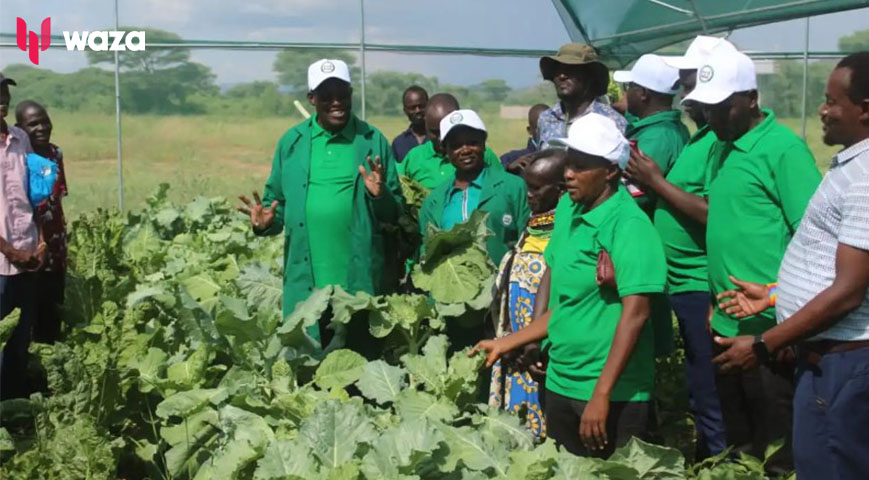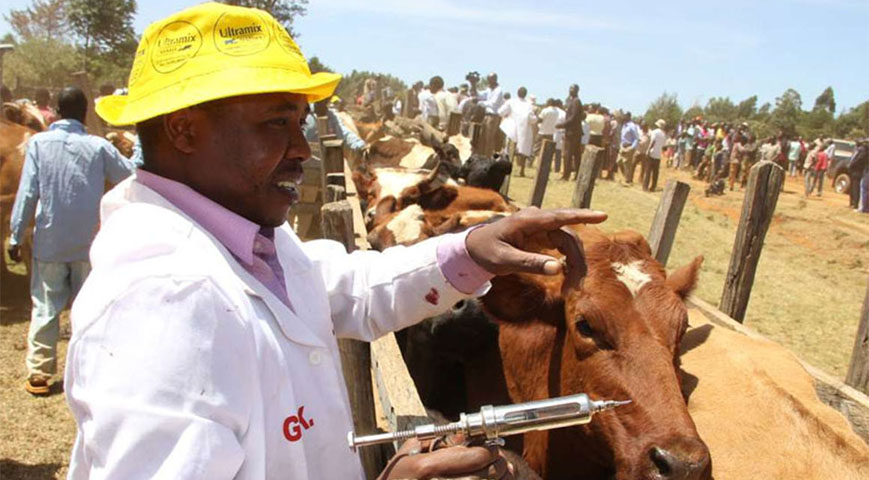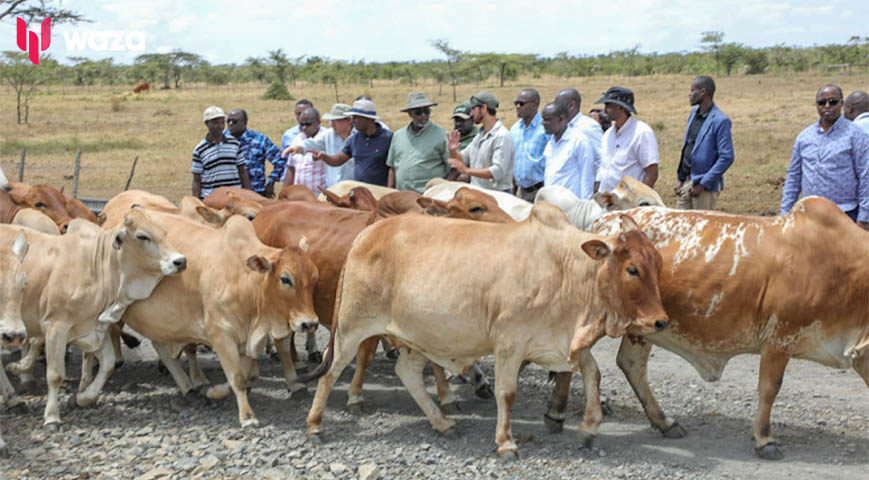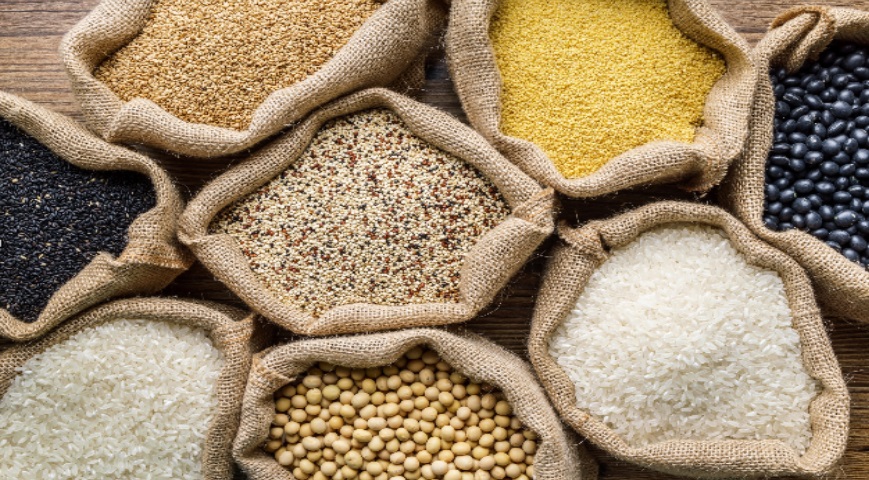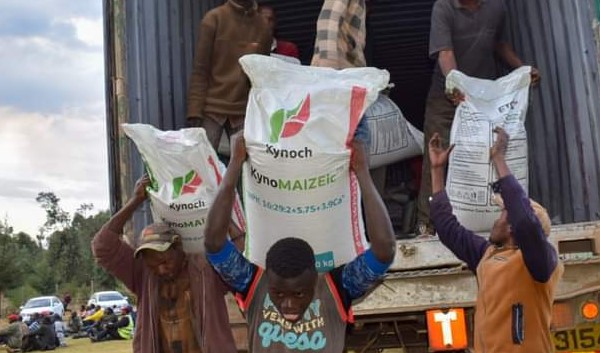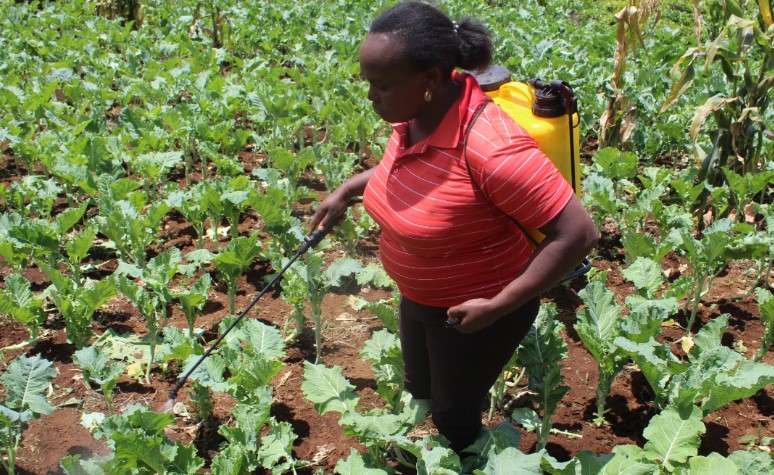To restore food security via resilience building and climate-smart farming techniques, the United Nations (UN) Food and Agriculture Organization (FAO) has worked with Taita Taveta County to distribute 2,250 hybrid Gala Goats to small-scale farmers in arid and semi-arid areas.
Dr Barrack Okoba, the head FAO representative, said during the distribution exercise at Mbololo in Voi Sub-County that communities are being forced into the depths of extreme hunger and poverty as a result of climate change, and the only way to fight back is by educating, empowering, and training local small farmers in the best agricultural techniques.
Dr Okoba praised the programme as a means of rescuing the masses from poverty by providing them with a reliable source of income independent of uncertain and inconsistent weather.
"This project is a step in the right direction in ensuring the small rural farmer is no longer depending on the unreliable rains for food but has a smart alternative that is resilient and suitable in the era of unpredictable climate change," said Dr. Okoba.
According to Martin Oyindo, Voi sub-county livestock officer, Gala hybrid goats are not new in the dry parts of Taita Taveta as past experiments on the breed have yielded promising results in terms of resilience, productivity, and economic advantages.
"The Gala hybrid goat is not new to this region. Our past experiments have shown the breed to be resilient, highly productive, and with many economic advantages to the farmer," said Oyindo.
Oyindo claims that the Gala hybrid goat is well-suited to the dry and semi-arid environments of many regions of the county due to its two annual reproductive cycles and two kilogrammes of feed per day, use of half a litre of water per day, and resilience to diseases and pests.
According to Oyindo's professional opinion, the distribution of hybrid Gala goats to small-scale farmers is guaranteed to eradicate food insecurity and empower the local population in line with the national government's strategy.
"When you look at the merits of this goat breed, it is a result-proof approach for stemming out hunger and abject poverty at the grassroots and being in sync with the national government's agenda of a bottom-up economic model," said Oyindo.
On her part, County Deputy Governor Christine Saru Kilalo called on small-scale livestock farmers to embrace the initiative and implement smart agricultural practices to address food insecurity, improve the quality of local breeds, and push back the adverse effects of climate change.

